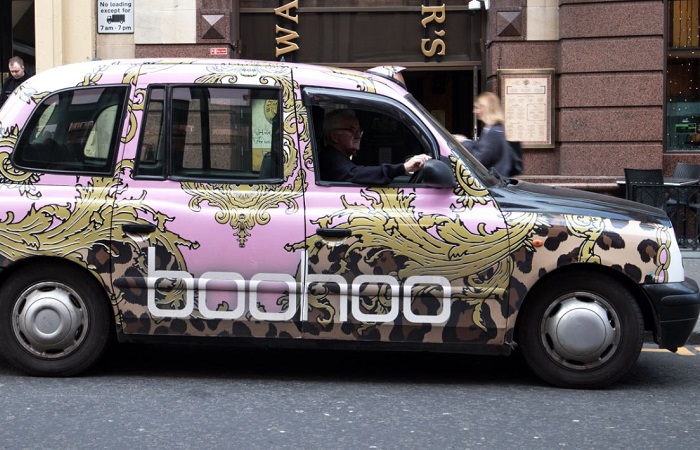
Online fashion retailer Boohoo could link executive bonuses to environmental, social and governance (ESG) goals, including workers’ rights improvements.
The company’s chairman, Mahmud Kamani, told the government’s environmental audit committee (EAC) that it was considering taking forward the committee’s recommendation to align bosses’ remuneration with ESG improvements, in order to demonstrate its commitment to environmental and social responsibility.
The group came under fire from MPs last year following reports of poor working conditions and mistreatment of workers in its supply chain – including at factories in Leicester.
In September 2020, a report compiled by Alison Levitt QC, who had been commissioned by Boohoo to review working practices in its supply chain, confirmed that staff in garment factories were paid below the minimum wage and faced pandemic-related health risks at work.
EAC chairman Philip Dunne said: “Boohoo’s response to our committee’s letter sends promising signals that we are reaching a turning point in fast fashion’s awareness of its environmental and social responsibilities.
“It is welcome news that the board is considering aligning senior executive bonuses with making ESG improvements, and I look forward to hearing whether this is being taken forward.
“Bonuses shouldn’t just be linked to breakneck growth. Boohoo needs to demonstrate that it is delivering verifiable improvements in workers’ rights and the climate impact of its products.
“News last summer emanating from Leicester’s garment industry appalled us all, with allegations of modern slavery in supply chains and a lack of Covid-secure measures in factories. This spotlight on Leicester may have encouraged Boohoo to take steps to clean up its supply chain.
“Once the publicity dies down, I hope these changes remain in place for years to come with a renewed pride in ‘Made in Britain’ items and certainty on improved workers’ rights.”
Over the weekend the committee published a letter it had received from Kamani, dated 23 March, which said: “With regards to the committee’s suggestion that we link our senior executive remuneration incentives to environmental, social and governance (ESG) improvements, I can confirm that this matter is being considered by our board.
“Our remuneration committee is looking at the details of how this might work in practice and have engaged specialist consultants to help us with this. Our annual remuneration report will be published in May and will include a further update on this matter.”
According to Reuters, Kamani and co-founder Carol Kane could each be in line for a £50m bonus; Kamani’s son Samir, who is CEO of BoohooMan, receives £25m; and finance chief Neil Catto could see a bonus of £10m.
Implementing an ESG-linked bonus scheme would improve Boohoo’s ethical credentials, said Natalie McEvoy, counsel at reputation management law firm, Slateford.
“This will also likely push others in the industry to link sustainability to remuneration in order to send a message that it is a priority to the company and to expect individuals to just ‘get it done’.
“Looking at the broader marketplace, there is definitely a drive towards sustainability as the right and proper way to run a business, even if small concessions to the bottom line are taken as a necessary price to pay, particularly with regard to the drive towards eliminating carbon emissions and ethical provenance of goods.
“Ethical metrics have been set out by business leaders in Davos and include many measurable targets from investing into local source areas, to ensuring the proper treatment of workers, and many milestone markers between.”
Boohoo has been contacted for comment.